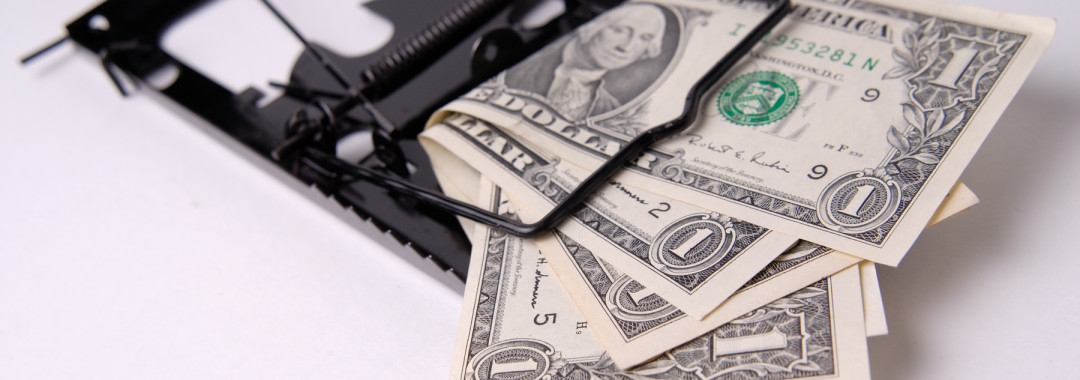In short, the answer to this question is “Yes, but not always.” The long answer depends on many factors. First, the type of bankruptcy you file will have an impact on whether you can keep your car. If you file a Chapter 13 case, you are allowed to keep your car if (1) you pay any arrearage through the bankruptcy plan and (2) you pay the balance of your loan in equal installments over the term of your Chapter 13 case, which is between 36 and 60 months. With a Chapter 13, you may also “cram down” the debt if you have owned the car for more than 910 days. To cram down the debt means that you may reduce the principal owed on the vehicle to an amount equal to the value of the vehicle. For example, if you owe $20,000.00 on a car that you have owned for more than 910 days, and that car is only worth $15,000.00, then you are allowed to reduce the debt to $15,000.00. The remainder of the debt will be treated as an unsecured debt.
If you file a Chapter 7 case, then it is possible to keep your vehicle if (1) you are current on your payments, or can get current quickly, and (2) you reaffirm the debt. Reaffirming the debt means that it will not be discharged through your bankruptcy. While you will no longer be required to pay your other debts, you will continue to be required to pay the debt associated with the vehicle. If you are not current on your car payment or cannot get current quickly, you may still file a Chapter 7 case. However, you will need to surrender the vehicle to the lender. If you surrender the vehicle, you will no longer be responsible to the lender for any payments or any debt. If you owe much more than the vehicle is worth, surrendering may be the best option.

